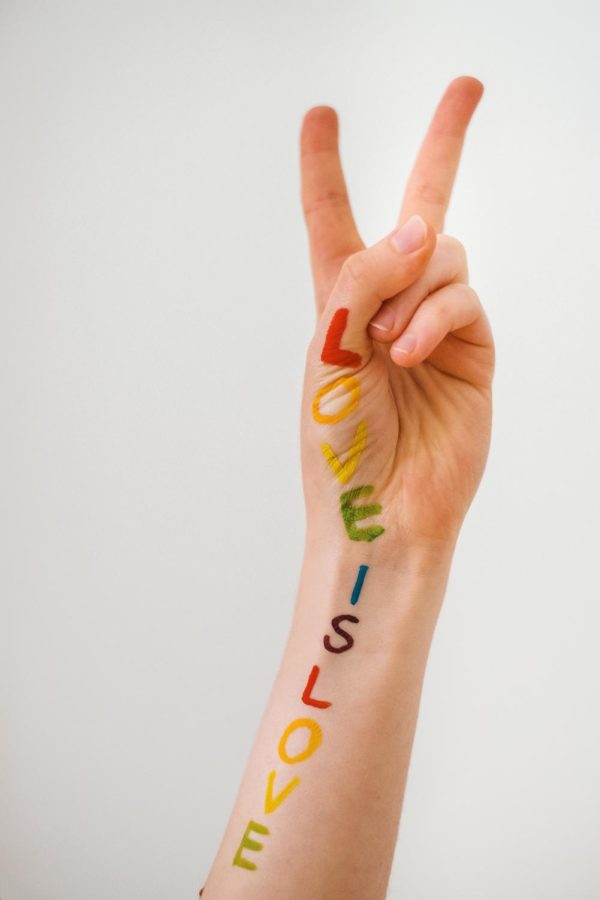Opinion: Dealing with the Closet Door
February 3, 2022
This article is an editorial and was written to show the author’s stance on an issue. It is not a representation of the opinion of CLHS or CCISD.
Over the past two decades, the United States has seen a rising number of openly LGBTQ+ teens. This trend is not just teens trying to be “trendy;” it is a direct reflection of society’s growing acceptance towards the LGBTQ+ community. Teenagers are feeling more comfortable with expressing this part of themselves and finding information to guide them through their thoughts and changes has never been easier. Clear Lake High School has a great atmosphere of acceptance for emerging LGBTQ+ teens with student clubs like Ganymede, specifically created as a safe space for LGBTQ+ students. But for all the students that are comfortable open, there are still those who hide behind the closet door.
The word homophobia has become a common term and widely debated topic regarding the negative standpoints towards people who identify as lesbian, gay, bisexual, or transgender. As a result of these standpoints, people who hold them feel an aversion towards members of the LGBTQ+ community, and this aversion may lead them to engage in hate, violence, or abuse. Fear of thoughts, words, or actions that may be taken against them, some LGBTQ+ teens prefer to remain hidden. Parents and immediate family members are the most influential towards a questioning teen in terms of acceptance and are typically the first ones the teen will come out to. Some parents react with support, while others instead turn to scorn. In extreme cases, the teenager is exiled or abused. According to the CDC, 40% of homeless youth identify as LGBTQ+. Additionally, these same youths are eight times more likely to attempt suicide, six times more likely to report severe depression, and three times more likely to cope with illegal substances.
It is fears like this—of rejection, of abandonment, and of violence—that often leads LGBTQ+ youth to hide that part of themselves. According to ArrowPassage Recovery, an inclusive treatment center for addiction and mental illness, bullying is still a prevalent issue in schools as slurs, exclusion, and ostracization alienate and repress LGBTQ+ youth. Teens victimized by bullying are more likely to develop anxious and depressive disorders that may follow them well into adulthood. Religion can also play a role in coming out as teens battle with what they believe as their faith and the signs of their emerging orientation.
Furthermore, teens may feel more comfortable coming out in one environment than another. School may be a more accepting place than home, or vice versa. Sometimes LGBTQ+ youth choose to come out only to a select few individuals who they value and trust. Counselors are also a safe space, as anything confided to them is confidential and cannot be shared, even to parents, siblings, partners, or school administration. According to the Therapy Group of NYC, it is often within best interests to select a therapist or counselor that aligns with the patient’s orientation, ethnicity, or religion, to provide the most receptive treatment, though the group warns to avoid practices of reparative therapy (conversion therapy).
The most important aspect of creating a world of acceptance is how peers choose to react. Voice LGBTQ+ positive opinions openly to designate oneself as a safe space. If everyone decided to be supportive on their own, to seek to understand and accept, then this world would be a little less grim.
Source:
CDC
Kids Health
Arrow Passage
NYC Therapy


